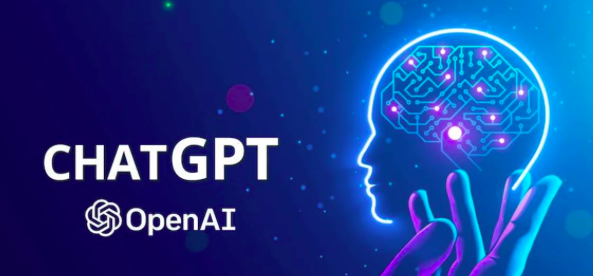Dear friends,
Not long ago, I received a text message unlike any I’ve ever received before. To my knowledge, it was literally the first time in my life. What was so unprecedented?
The text‘s sentences were grammatically perfect. There were no spelling errors. The vocabulary was colorful and rich. The meaning of the message was warm and full of gratitude.
But none of this was totally new. The novelty of the message was that I knew it was generated by ChatGPT.
The person who sent it to me is a dear friend for whom English is their second language. They are very capable and expressive in English; we’ve been communicating for many years. But I knew they couldn’t write this “perfectly” in English.
Receiving this unprecedented text was an interesting experience. On the one hand, it was the most technically advanced, colorfully expressive text message I’ve ever received from this friend. It was “perfect” and would seem like their “best.” But on the other hand, it was probably the most meaningless text that I’ve ever received from them.
The text wasn’t meaningless because I thought they were trying to deceive me. They weren’t; they were trying to honor me with a more eloquent, error-free expression. But I knew immediately that it wasn’t really theirs and from them.
That depersonalization emptied their message of meaning and value for me. I would much prefer an “imperfect” message with grammatical errors, spelling mistakes, and a more limited vocabulary that is their own than a “perfect” message that they’ve generated (with the best of intentions) on AI, copied, and pasted.
This points to something very profound to me: the heart of what makes human communication meaningful is that it comes from a singular person. It’s not just the “objective meaning” of the words or the stylistic excellence of how the words are presented. It’s that the message came from them — from their singular heart and mind, with their time, out of the mysterious mix of intentions, desires, and limitations that they embody.
Of course, none of our communication is ever fully original. We are given language in childhood and learn words that we then use to express ourselves. This expression is always influenced by other communicators like family, friends, and the writers and creators we follow. None of us has ever said anything completely original. If we had, no one else could understand it. This is part of the gift of language and our experience of meaning: it is always shared.
But what we say is still our own. It comes from that mysterious, unrepeatable home that we call our personhood — a singular, meaning-making soul that speaks for itself with its own accent, its own perfectly imperfect uniqueness.
As a person, I desire communication with other persons. The value of this communication isn’t just because the other person’s meaning is good, their knowledge is vast, and their style is exceptional. It’s because they’re them — a once-in-a-universe presence — and we share relationship just as we are. (Some of us can’t express ourselves in words at all.)
AI is going to push us further and harder on this ancient, ultimate question: What makes a person valuable? Is it because they know more than anyone else? Because they can combine more perspectives and styles? Because they’re faster? Is it because they’re “superior” in some way? Or are they valuable simply because they are a singular person that is made by God and loved as they are?
AI has the potential to level playing fields of self-expression across languages, educational opportunities, financial resources, and other factors. In this respect, it may contribute to more parity and justice. This should be explored and appreciated.
But what concerns me is that AI may also contribute to depersonalizing our humanity and entrenching competitive relationships in which performance overpowers presence. Will we grow weaker in seeing the value of another person simply because they’re them — a limited, imperfect, singular person who is sacred just as they are?
If we “perfect” ourselves but lose our personhood, perhaps we’re back to what Jesus warned us about: we can gain the whole world but lose our souls.
What makes a person valuable?




